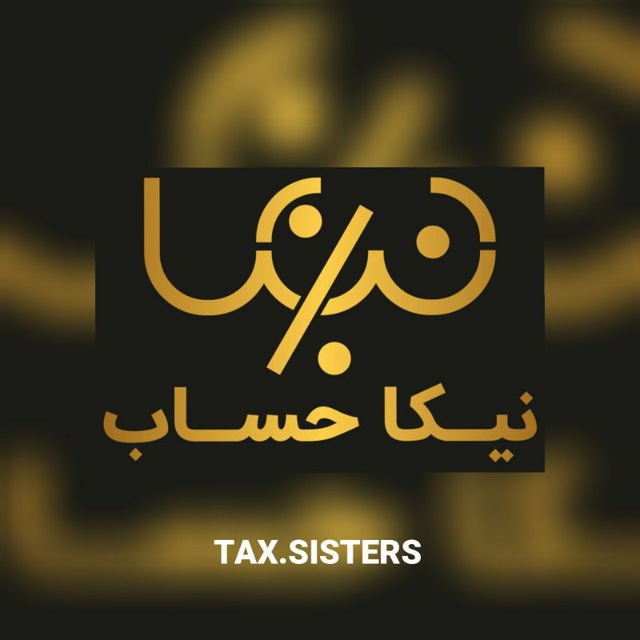9085/1/10/p. dated 9/17/1400, a meeting on 9/27/1400 with the presence of respected representatives of the Tax Affairs Organization, the Ministry of Cooperation, Labor and Social Welfare, the Chamber of Commerce, Industries, Mines and Agriculture of Iran and relevant experts (The subject of invitation number 111007/46611 dated 9/21/1400) will be held at the presidential legal office.
Therefore, based on the above opinion, the opinion of this deputy is announced as described in paragraph b.
b) Comment
1- Regarding the inclusion of salary income tax in relation to “reward for increased production and annual profit”, the following is announced:
Considering that according to Article (83) of the Direct Taxes Law, “Income subject to salary tax consists of salary (fixed or salary, or basic salary) and job-related benefits…” and
Considering that according to Decree No. 601 dated 9/12/1389 of the General Board of the Court of Administrative Justice, welfare services and facilities and encouragement of employees, which is authorized in Article 40 of the Law on the Addition of Articles to the Law on the Regulation of Part of the Government’s Financial Regulations, are benefits related to the employee. And it is out of the scope of Article (83) of the Direct Taxes Law
Considering that according to the amendment decree No. 74-27/1/1398 of the General Board of the Court of Administrative Justice, the term “government employees” in the aforementioned decree has been amended to “salaried employees” and its provisions, which state that the salary tax on welfare facilities is not included in Employees of the non-governmental sector have also been extended and
Considering that according to Note (3) of Article (36) of the Labor Law, which stipulates that “welfare and incentive benefits such as housing allowance, food, family allowance and bonus for increased production and annual profit are not considered part of the fixed and basic wage” ; The reward for increasing the birth rate is considered as an example of welfare benefits and incentives;
Therefore, the reward for increasing production and annual profit, the subject of note (3) of article (36) of the labor law, which according to article 47 of the same law, in order to create incentives for more production and better quality and reduce waste and increase interest and raise the income level of workers, according to the law The letter approved by the Minister of Cooperatives, Labor and Social Welfare is paid, it is not included in salary income tax.
2- The examples of welfare benefits and their amounts are announced:
The examples of welfare benefits in the labor law are illustrative and are not stated exclusively; Despite this, the main examples of benefits that are not related to the job, according to the Labor Law and decrees No. 601, 73 and 1956-1957 of the General Board of the Administrative Court of Justice are:
1/2- housing allowance, equivalent to four million and five hundred thousand (4,500,000) rials per month, according to the approval letter No. 19756/T58673H dated 2/26/1400 of the Board of Ministers;
2.2- Allowance for household consumption items, equivalent to (6,000,000) rials per month, according to the circular of the Supreme Labor Council approved on 12/27/2013;
2/3- Family support, monthly equivalent to (2,655,495) Rials for each child, according to Article 86 of the Social Security Law approved in 1994;
4.2- Bonus for increased production, according to the contract subject to the regulations of Article 47 of the Labor Law dated 9/26/1390;
5.2- The amount of other items, such as kindergarten, food subsidy, commuting, etc., if there is no specific regulation regarding their amount, within the framework of the labor law, it is subject to agreement and custom.
C) offer
In line with paragraph (9) of the general policies of the legislative system approved by the Supreme Leader on 2/7/2018 and emphasizing the need for transparency and lack of ambiguity as well as strength in legal literature and terminology, it is suggested: the Ministry of Economic Affairs and Finance in the position of drafting the bill The amendment of the direct taxes law should resolve the ambiguity caused by the separation of job benefits from the employee.
Jalil Mohebi- Acting Vice President for Coordination and Planning of Legal Affairs of Executive Bodies
This post is written by Academyaccounting
